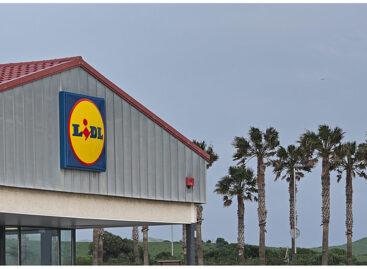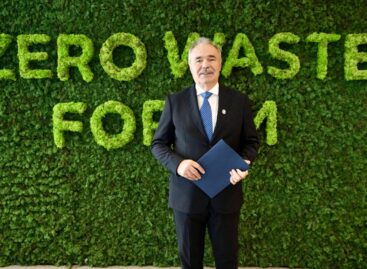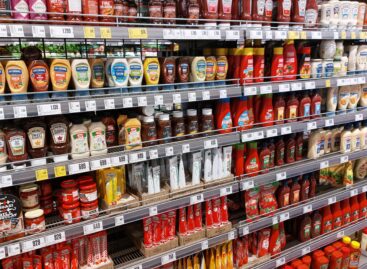Continente Combats Food Waste With New Apple Cider Vinegar
Portuguese retailer Continente has launched a new own-brand apple cider vinegar SKU, made from apples that do not meet traditional aesthetic standards.

The first batch yielded 30,000 litres of vinegar and has helped to prevent 50 tonnes of apples from being wasted.
The Continente Seleção Apple of Alcobaça Cider Vinegar, produced from fresh apple juice, has also obtained IGP certification, the retailer noted.
Continente challenged five apple producers from Alcobaça – a Portuguese city and municipality 100 kilometres north of Lisbon – to develop a product using small or deformed apples that are not commercially viable.
Ondina Afonso, president of the Continente Producers’ Club, added, “The project began through an initiative of the Continente Producers’ Club, the ‘Waste Fair’, aimed at producers, promoting the valuation of some products, such as those that the end customer does not value, nor wants to buy, such as fruit that is too small or with defects.”
Apple producers Narc Frutas, Cooperfrutas, Frutalvor, Campotec and Lusofruta collaborated with Continente’s industrial partner, Mendes Gonçalves, to create the product.
Related news
Lidl To Invest €600m In Spain, Targets 300 Stores In Portugal
🎧 Hallgasd a cikket: Lejátszás Szünet Folytatás Leállítás Nyelv: Auto…
Read more >







